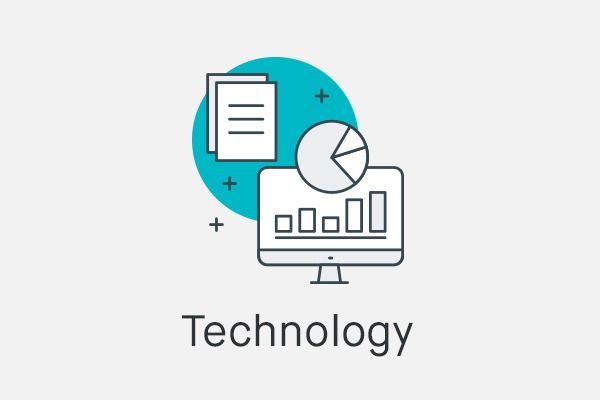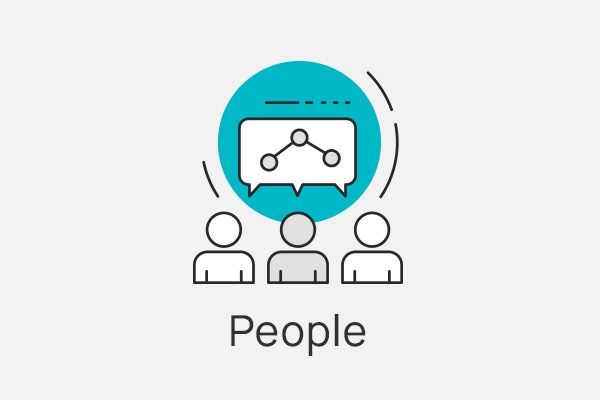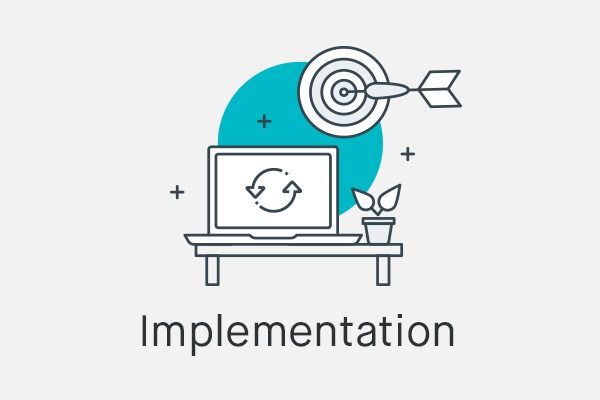Changing your FinCrime perspective through the use of RegTech
Financial Services firms are under significant compliance pressure. According to Thomson Reuters there has been an increase of 492% in regulatory change between 2008 and 2015.
The rate of change has continued through the 4th and 5th Money Laundering Directive and we’ve seen even more changes in Bribery and Fraud prevention with legal and supra-national expectations such as European laws in MiFIDII. The implications and challenges of managing regulations and multiple data sources from a variety of systems is not straightforward.
The advent of advanced technologies over the last five years and changing regulations has led to the evolution of Regulatory Technology (RegTech). The reduction of cost in managing complex technologies has been assisted through the use of cloud computing, processing cost reduction and the formation of languages to support Artificial Intelligence (AI)[1], Machine Learning (ML)[2] and Natural Language Processing (NLP)[3]. Within banking, the arrival of Open Banking initiated by the Competition and Markets Authority (CMA) allows adoption of RegTech on a more level playing field within differing types of institutions to ensure they are being customer and community focussed.
The ‘bulge bracket’ banks and other large Financial Institutions (FI’s) have an appetite for a future-looking framework around the infrastructure and how this supports their business needs better and quicker. This includes the use of blockchain, Application Programming Interfaces (API’s)[4] and big data. However, the disparate architectures with multiple data sources has created challenges when working with RegTech providers.
The innovative mid-size and smaller banks may not have the infrastructure spend, but cloud computing and use of third-party solutions allows them to demonstrate compliance and integrating RegTech requires less organisational manoeuvring and technical deployment. Where large firms will have bigger legacy systems that are expensive to change and update, smaller and more agile firms find it easier to change, often resulting in more pragmatic solutions. Irrespective of size, there is significant value in deploying more cost-effective solutions around data mining, predictive analytics, smart contracts and visualisation, rather than ‘throwing’ more people at this.
Multiple systems across clients, transactional data and numerous jurisdictional sources across different data sources proves to be a continued challenge. According to IBM and Chartis, 70% of their respondents were using AI in different ways with ML and NLP the most prominent techniques to employ.
Additionally, the shortage of data skills is a consistent challenge and the disparate systems at large institutions require a comprehensive data strategy that not only answers questions on FinCrime but categorises data for multiple purposes. The value of data can be utilised in different ways including the scenarios that impact the diaspora of regulation as mentioned earlier.
One use case looks at the appropriate segmentation of clients based on the products and services, understanding how to interpret FinCrime and how RegTech solutions and managing ongoing data quality are able to rely on results for multiple stakeholders, e.g. senior management, regulators and law enforcement. This may be around client segmentation, ultimate beneficial ownership, the potential of politically exposed individuals and the use of transactional logic to identify the potential of FinCrime opportunities through the FI’s community.
The RegTech market is growing rapidly and the continued challenge will be on selecting the right supplier, initial configuration investment (time and/or money) and understanding the use cases that are pertinent to your specific business model and deployment, given some of the data challenges you may face. The exogenous factor is the changing regulations that continues to be a challenge to keep up with.
The future of FinCrime: technology trends and challenges

The priority is to embed technologies that will create efficiencies and identify process and data improvements. These allow opportunities for analysis, safeguarding compliance adherence and generating better ideas on automation and future efficiencies. The benefits of technology pervade FinCrime. One of the largest catalysts are that FinCrime prevention will allow the move to a single customer view across products. Our intricate knowledge of data, process and compliance has experienced people to advise on how to achieve your firm’s goals.

Historically, FinCrime evaluations have been manual and subject to interpretation. The advent of RegTech AML techniques allows each firm to empower their staff to focus on what is important. This applies for onboarding, re-reviews and transaction monitoring, to name a few. Wider regulations have equivalent providers in this market. Ongoing refinement of rule calibration and adherence to changing policies can be affected using technology more easily. Staff will need to be trained to ensure they understand the logic of the process through both technology and people.

More automation can be achieved but requires a change in culture to help staff understand how to interpret technology rules. The data challenges for large financial institutions are significant. There are a myriad of legacy systems and new technologies to integrate. Understanding data management and conformance is critical to ensure that a taxonomy can be consumed by RegTech technologies. Multiple failures have occurred as a result of insufficient initial configuration, poor data understanding and use of inappropriate interfaces between systems. This is not necessarily the fault of the systems, given that they have not been built for this specific purpose. However, separation of the data from the application layer will allow complex AI, ML and NLP systems to achieve their goal.
Footnotes
[1]Artifical Intelligence is the simulation of human intelligence processes by machines, especially computer systems. Specific applications of AI include expert systems, natural language processing (NLP), speech recognition and machine learning. AI technologies are quickly evolving, primarily because AI processes large amounts of data much faster and makes predictions more accurately than humanly possible.
[2]Machine Learning is an application of AI that provides systems the ability to automatically learn and improve from experience without being explicitly programmed. The primary aim is to allow the computers to learn automatically without human intervention and adjust their actions accordingly.
[3]Natural Language Processing is the technology used to aid computers to understand our natural language. The ultimate objective of NLP is to read, decipher, understand, and make sense of the human languages in a manner that is valuable. Most NLP techniques rely on machine learning to derive meaning from human languages.
[4]An Application Programming Interface is a software intermediary that allows two applications to talk to each other. Each time you use an app like Facebook, send an instant message, or check the weather on your phone, you’re using an API. Basically, an API specifies how software components should interact.
About the authors
Kiran Sudhakar

Financial Crime prevention specialist
Kiran has worked in Financial Services across multiple sectors for over 20 years. He has worked for different consulting firms and has an understanding of how technology can enhance compliance with Financial Crime regulations while also identifying areas for improved insights to risk and finding cost savings for firms.
Follow Kiran on LinkedIn here >>
Steven Newman

Financial Crime prevention specialist
Steven is an internationally experienced Financial Crime, Risk & Compliance leader with extensive knowledge of developing, implementing and reviewing strategic risk-based frameworks and transformation projects. Steven has significant knowledge of the international legal and regulatory environment. Steven is experienced in influencing politicians and c-suite executives, he sits on the Cross Sector Advisory Group that gives advice to the Cabinet Office on the Governments Financial Crime strategy, has been commended by the UN Ambassador to NATO on his Anti-Corruption work, mentored Foreign Government officials and given advice on their financial crime frameworks.
Follow Steven on LinkedIn >>
Our latest insights







